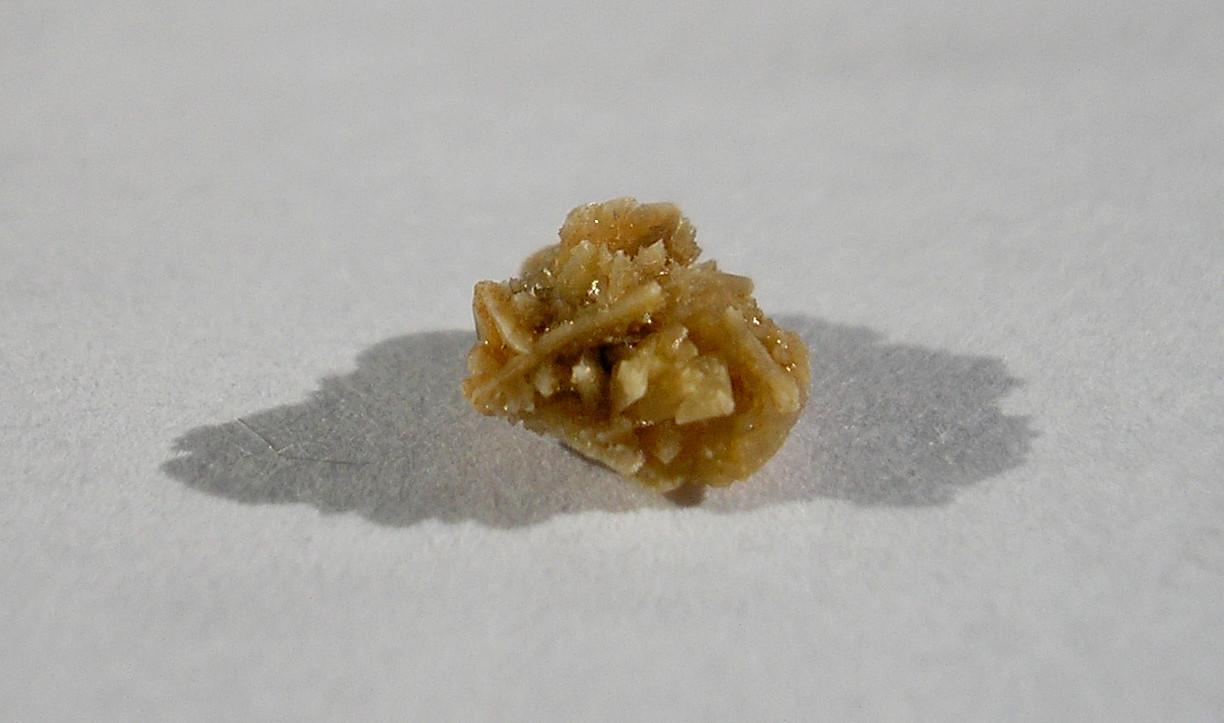 kidney stones“>
kidney stones“>
How can I maintain healthy kidneys?
“`html
Understanding Your Kidneys: Functions, Health Tips, and More
The kidneys are vital organs that play a crucial role in maintaining our overall health. Despite their importance, many people are unaware of their functions, how to care for them, and the potential health issues that can arise. In this article, we will explore the anatomy and function of the kidneys, common kidney diseases, tips for maintaining kidney health, and much more.
What Are Kidneys?
The kidneys are two bean-shaped organs located at the back of your abdomen, one on each side of your spine. They are part of the urinary system and are responsible for filtering waste products from the blood, regulating fluid balance, and maintaining electrolyte levels in the body. Each kidney contains approximately one million tiny filtering units called nephrons.
Functions of the Kidneys
Kidneys perform several essential functions, including:
- Filtration of Blood: Kidneys filter waste and excess substances from the bloodstream, excreting them as urine.
- Electrolyte Balance: They help maintain the balance of electrolytes like sodium, potassium, and calcium, which are crucial for various bodily functions.
- Fluid Regulation: Kidneys control the volume of fluids in the body, which is essential for maintaining blood pressure.
- Acid-Base Balance: They help regulate the body’s pH levels by managing the concentration of acids and bases.
- Hormonal Functions: Kidneys produce hormones like erythropoietin, which stimulates red blood cell production, and renin, which regulates blood pressure.
Common Kidney Diseases
Understanding the common diseases that can affect the kidneys is crucial for prevention and early detection. Here are some prevalent kidney conditions:
1. Chronic Kidney Disease (CKD)
CKD is a long-term condition where the kidneys gradually lose their function. Risk factors include diabetes, high blood pressure, and family history of kidney disease.
2. Kidney Stones
Kidney stones are hard deposits formed from minerals and salts that can cause severe pain and discomfort.
3. Urinary Tract Infections (UTIs)
Infections can affect the bladder and urethra but can also reach the kidneys, leading to serious complications if untreated.
4. Glomerulonephritis
This is an inflammation of the kidney’s filtering units (glomeruli), which can be caused by infections, drugs, or underlying diseases.
Kidney Health: Tips and Benefits
Maintaining kidney health is essential for overall well-being. Here are some practical tips to keep your kidneys functioning optimally:
1. Stay Hydrated
Drinking plenty of water helps the kidneys filter waste and maintain fluid balance. Aim for at least 8-10 glasses a day.
2. Eat a Balanced Diet
Include plenty of fruits, vegetables, whole grains, and lean proteins in your diet. Limit salt, sugar, and processed foods to reduce the burden on your kidneys.
3. Exercise Regularly
Engaging in regular physical activity helps maintain a healthy weight and lowers the risk of conditions that can harm your kidneys.
4. Monitor Blood Pressure and Blood Sugar
Regularly check your blood pressure and blood sugar levels if you have risk factors for kidney disease. Managing these levels can prevent kidney damage.
5. Avoid Over-the-Counter Painkillers
Certain painkillers, when taken regularly, can harm the kidneys. Use them sparingly and consult your healthcare provider if you have kidney concerns.
Case Study: A Journey to Kidney Health
Let’s look at a real-life example of kidney health improvement:
Case Study: Emily’s Transformation
Emily, a 45-year-old woman, was diagnosed with early-stage CKD. After consulting with her healthcare provider, she adopted a kidney-friendly lifestyle by:
- Drinking at least 10 glasses of water daily.
- Swapping processed snacks for fresh fruits and vegetables.
- Walking 30 minutes a day, five times a week.
After six months, her kidney function improved significantly, and her doctor noted that her blood pressure and blood sugar were well-controlled. Emily’s story inspires many to prioritize kidney health.
First-Hand Experience: Living with Kidney Disease
Living with kidney disease can be challenging, but many find ways to cope and thrive. Here’s a personal account:
John’s Experience
John, a 60-year-old male, was diagnosed with kidney stones. Initially, he felt overwhelmed, but through education and lifestyle changes, he managed his condition. He learned about:
- The importance of hydration to prevent future stones.
- How to incorporate more calcium-rich foods into his diet while avoiding excessive oxalates.
- The benefits of regular check-ups with his nephrologist.
John’s proactive approach not only alleviated his symptoms but also empowered him to take charge of his health.
Conclusion
Our kidneys are incredible organs that play a vital role in our health. By understanding their functions, potential diseases, and how to maintain kidney health, we can take proactive steps to protect these essential organs. Remember, small lifestyle changes can lead to significant health benefits. Prioritize your kidney health today for a healthier tomorrow!
Additional Resources
For more information on kidney health, consider visiting the following resources:
FAQs about Kidney Health
| Question | Answer |
|---|---|
| How often should I get my kidney function tested? | At least once a year, especially if you have risk factors. |
| Are there symptoms of kidney disease? | Some symptoms include changes in urination, fatigue, and swelling. |
| Can I donate a kidney? | Yes, healthy individuals can donate one kidney without significant risk. |
“`
